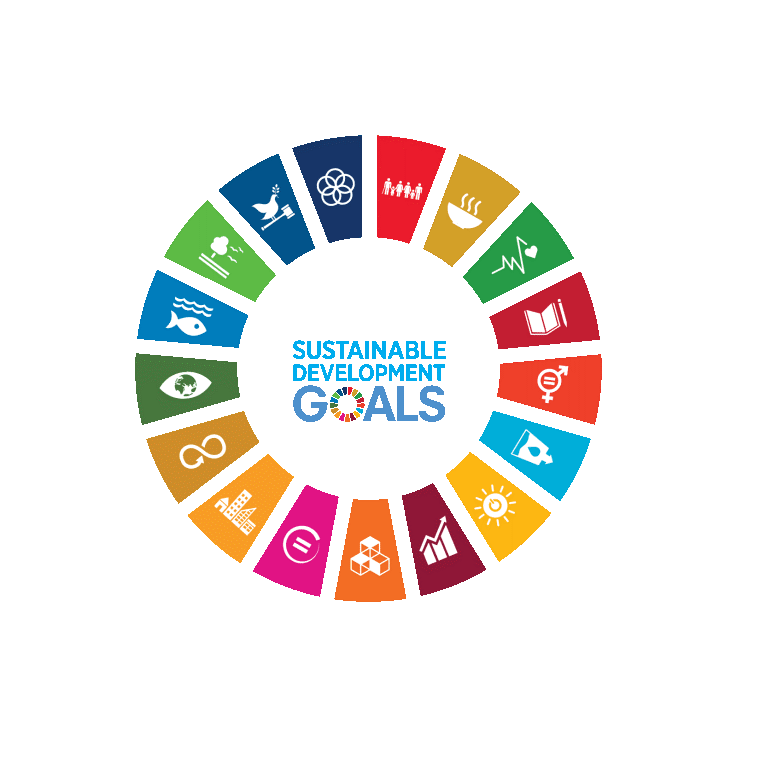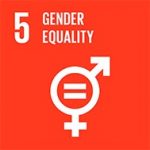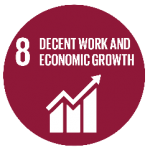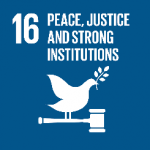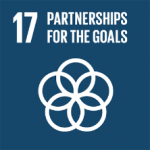
World Anti-Trafficking Day: criminal activity without borders
The phenomenon of trafficking in human beings affects men, women and children indiscriminately, and concerns all countries, be they the countries of origin, transit or destination of the victims.

Modern slavery has a thousand faces. From the sex on the pavements of the metropolises to which women (especially Nigerian) who are victims of trafficking are forced, to the “caporalato” in the fields of southern Italy. From the forced domestic work of illegal Hispanics in the United States to child soldiers armed with Kalashnikovs in the civil war in the Central African Republic, passing through the machinists of fishing boats that ply the Indian Ocean to the illegal removal of organs in a basement in Baku, Azerbaijan.

Photos Missionaries of the Consolata
Traffickers profit from people’s hopes and despair “Trafficking in human beings is a vile crime that feeds on inequality, instability and conflict”. (UN Secretary-General António Guterres)

A victim of sex trafficking at a shelter in Sarajevo, Bosnia and Herzegovina. Photo: Jodi Cobb / National Geographic Creative (from Trafficking in Persons Report 2017, detail)
Our congregation was born out of indignation at this phenomenon and compassion for those whose dignity is trampled underfoot.
TODAY WE ARE PARTICULARLY ACTIVE
IN THE THALITA KUM NETWORK

According to the Position Statements,
to combat trafficking, it is essential to enter into synergies with the objectives of the 2030 Agenda,
in particular
